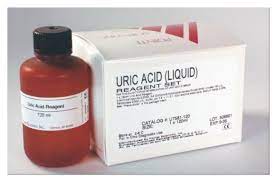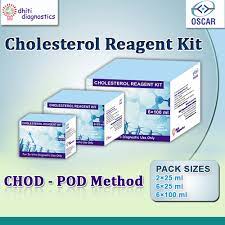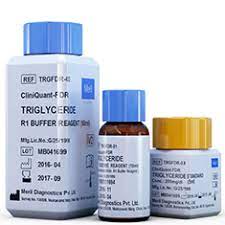What is CK-MB?
Creatine Kinase (CK) is internationally accepted as a sensitive and specific indicator of acute myocardial infarction (AMI). There are 3 major forms of the iso-enzymes of CK, CK-MM, CK-MB and CK-BB. CK-BB is produced by the brain in very small insignificant amounts. CK-MM is produced by the skeletal and heart tissue. CK-MB is produced by the heart muscle and increases when the heart muscle is damaged. For more information on the structure and function of CK isoenzymes in tissue, please click here.
What is the CK-MB assay used for?
CK-MB is a more sensitive marker to myocardial infarction than total CK activity as CK-MB has a lower basal level and a narrower normal range. In the vast majority of cases the CK-MB activity rises within 4 to 6 hours of an acute infarction. Between 10 to 24 hours, maximum values are observed. The CK-MB activity generally returns to normal between the third and fourth day post- infarction.CK-MB is a more sensitive marker to myocardial infarction than total CK activity as CK-MB has a lower basal level and a narrower normal range. In the vast majority of cases the CK-MB activity rises within 4 to 6 hours of an acute infarction. Between 10 to 24 hours, maximum values are observed. The CK-MB activity generally returns to normal between the third and fourth day post- infarction.
The Randox CK-MB reagent can measure small, but significant changes in CK-MB activity during the early hours following the onset of chest pain.

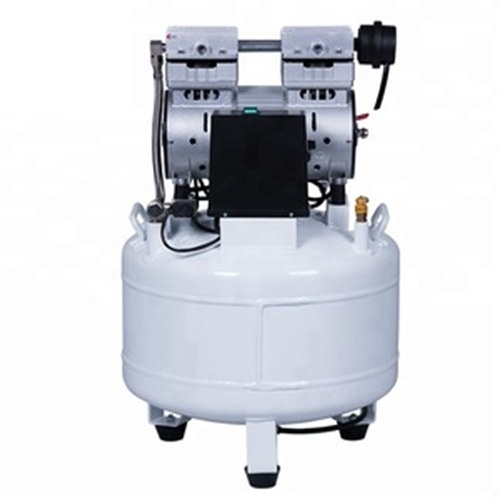


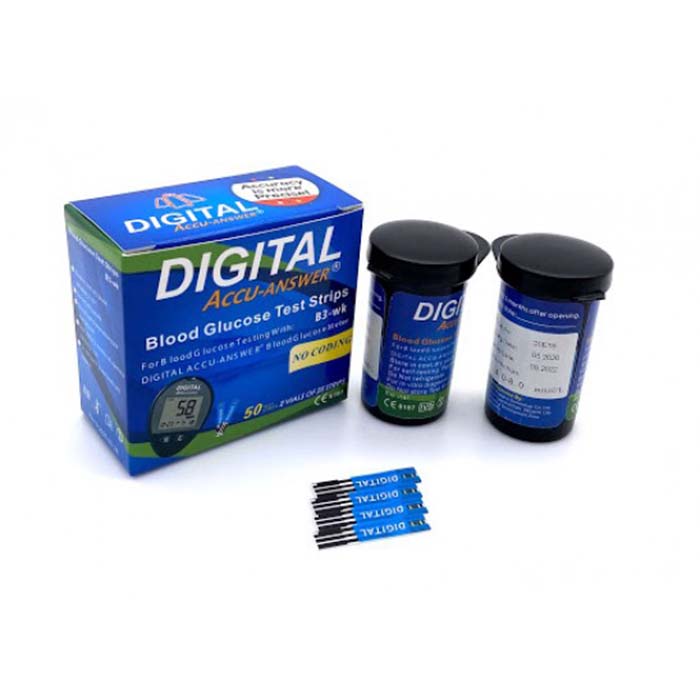
.png)


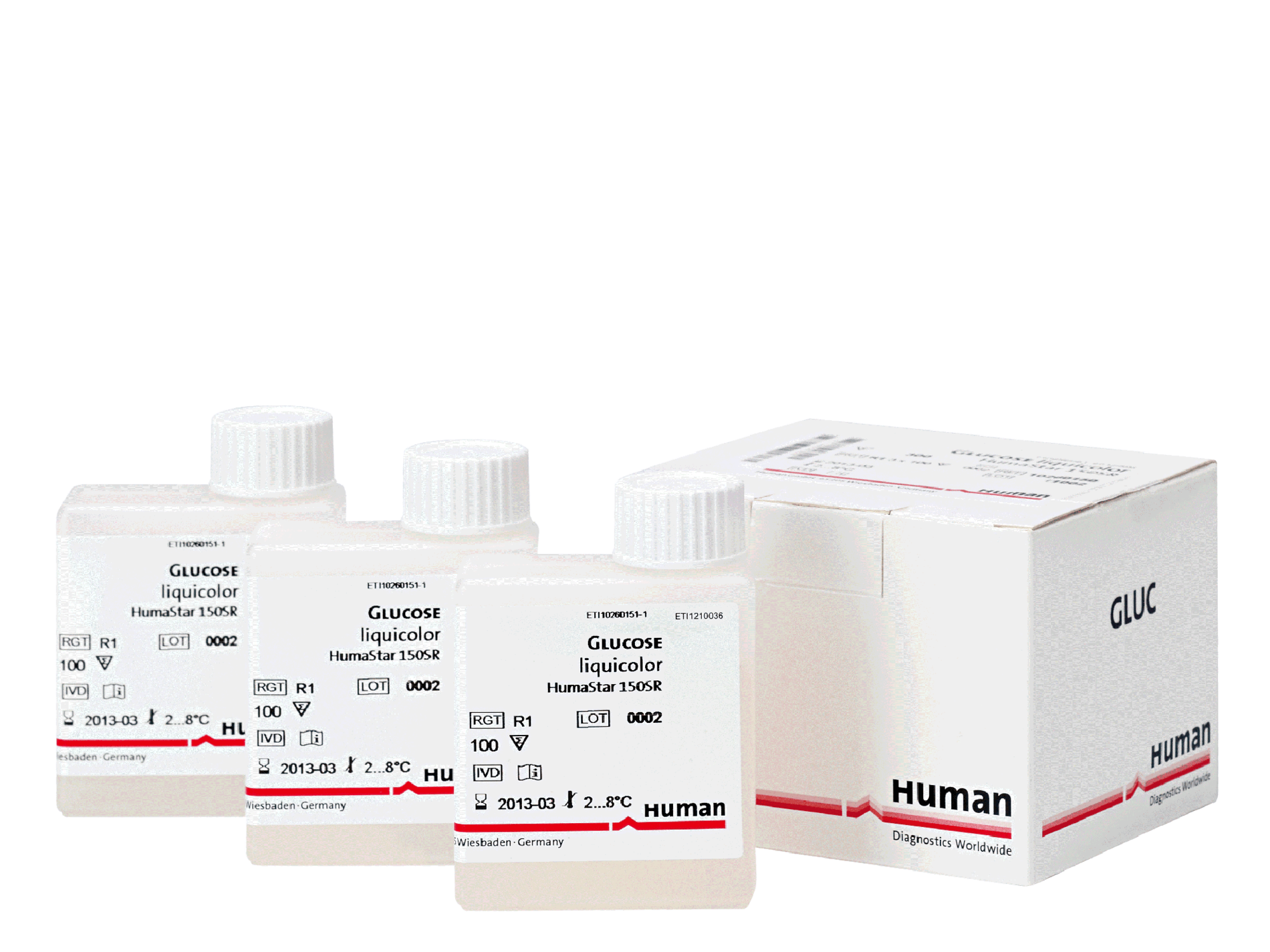
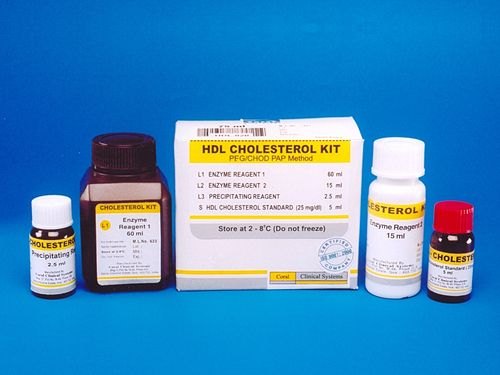
.jpg)

